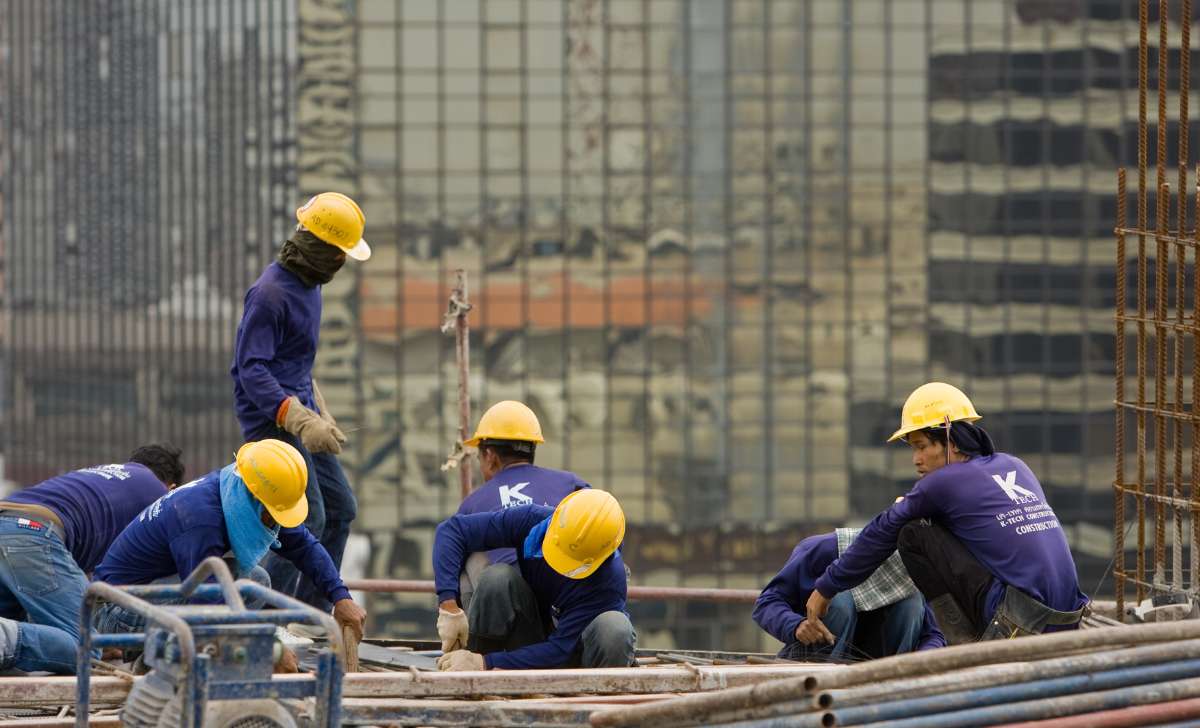

Minimum Wage Increase in Thailand
Thailand’s Minimum Wage Adjustment in 2025: Provincial Variations and Economic Impact
On December 23, 2024, Thailand’s Minimum Wage Committee announced the adjustment of the minimum wage, effective January 1, 2025. This minimum wage varies by province and now ranges between 337 and 400 Baht per day. This adjustment benefits a total of 3,760,697 workers across the country.
The highest increase, to 400 Baht per day, applies in economically strong regions such as Chachoengsao, Chonburi, Phuket, Rayong, and the Koh Samui district of Surat Thani province. Chiang Mai’s Muang district and Songkhla’s Hat Yai district saw their minimum wage raised to 380 Baht. Bangkok and surrounding provinces, including Nakhon Pathom, Nonthaburi, and Samut Prakan, now have a minimum wage of 372 Baht per day. Other provinces, such as Nakhon Ratchasima (359 Baht) and Samut Songkhram (358 Baht), have slightly lower rates. The lowest increase, to 337 Baht per day, applies to the southern border provinces of Narathiwat, Pattani, and Yala.
Background of the Minimum Wage Increase
On May 1, 2024, a plan was announced to raise the minimum wage to 400 Baht per day (approximately 11 EUR) nationwide. This regulation was initially expected to take effect on October 1, 2024, marking the first nationwide adjustment of the minimum wage in Thailand’s history. However, this did not materialize as the September 2024 meeting failed to reach the required two-thirds quorum of the Minimum Wage Committee members, preventing a vote. Instead, the committee opted for a province-specific adjustment, reflecting the economic conditions of each region. To complement the wage hike, the government has introduced tax breaks and financial handouts to ease business transition and further support low-income earners. These measures mitigate potential negative impacts on employment rates and business operations.
Prospects for Workers in Thailand
The Thai government has also announced its intention to gradually increase the minimum wage to 600 Baht per day (approximately 17 EUR) by 2027. This ambitious goal is part of a broader plan to enhance economic stability and improve the quality of life for the population.
Whether this proposed increase will materialize remains to be seen. The debate over wages and their social implications is expected to grow in importance in Thailand. The government faces the challenge of balancing the needs of workers with the demands of employers to ensure sustainable economic development.
For businesses navigating these wage adjustments, our team is ready to provide expert guidance on compliance and strategic planning. Contact us today to discuss how these changes may impact your operations.
Andreas Seela
Andreas primarily focuses on corporate/commercial, tax law, and real estate law. He previously worked for an international law firm in Germany and has experience in the Asian legal sphere. He holds a Master’s degree in business law and economics (LLM.oec.) and is currently working on his Ph.D. thesis at Chulalongkorn University in international law.

